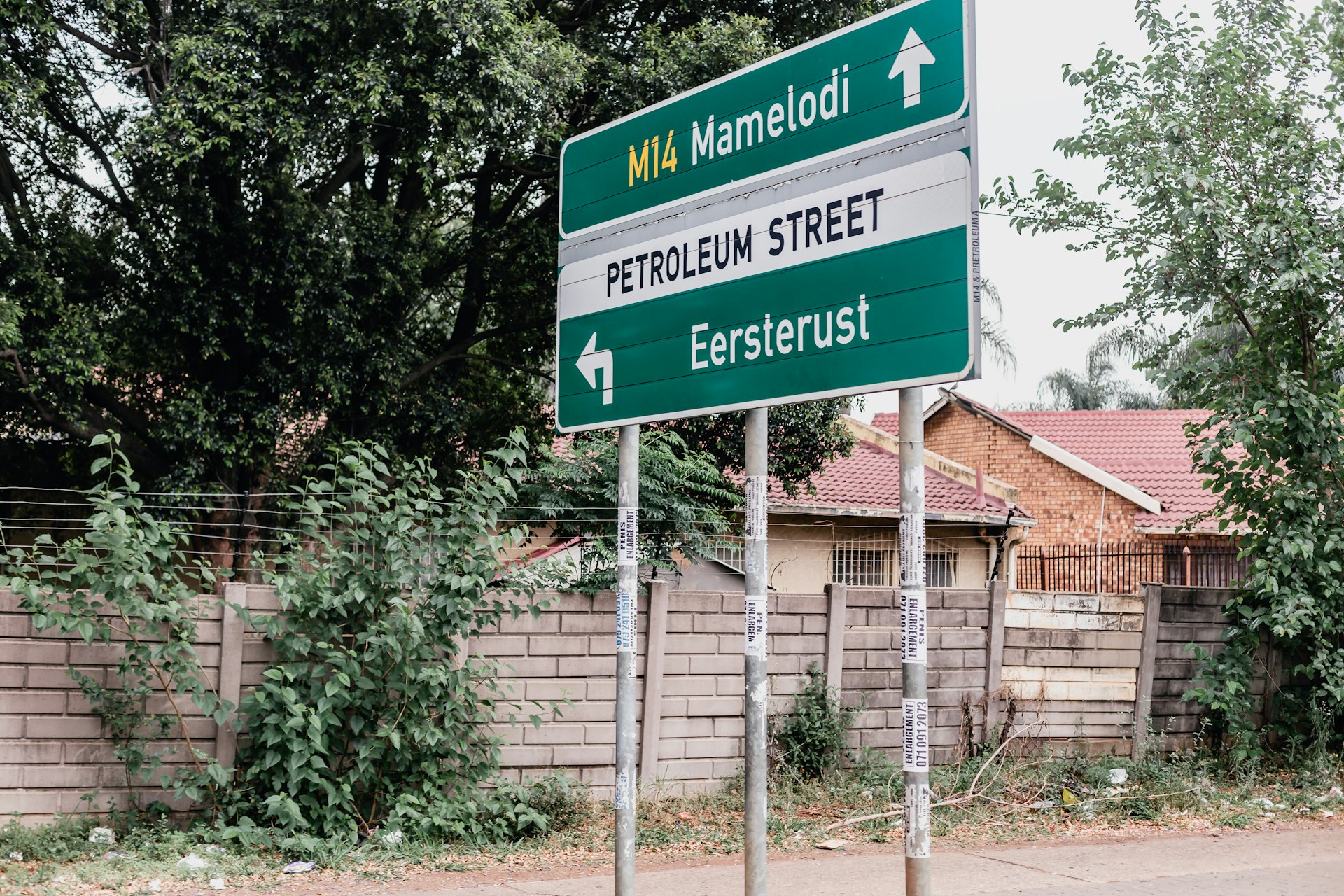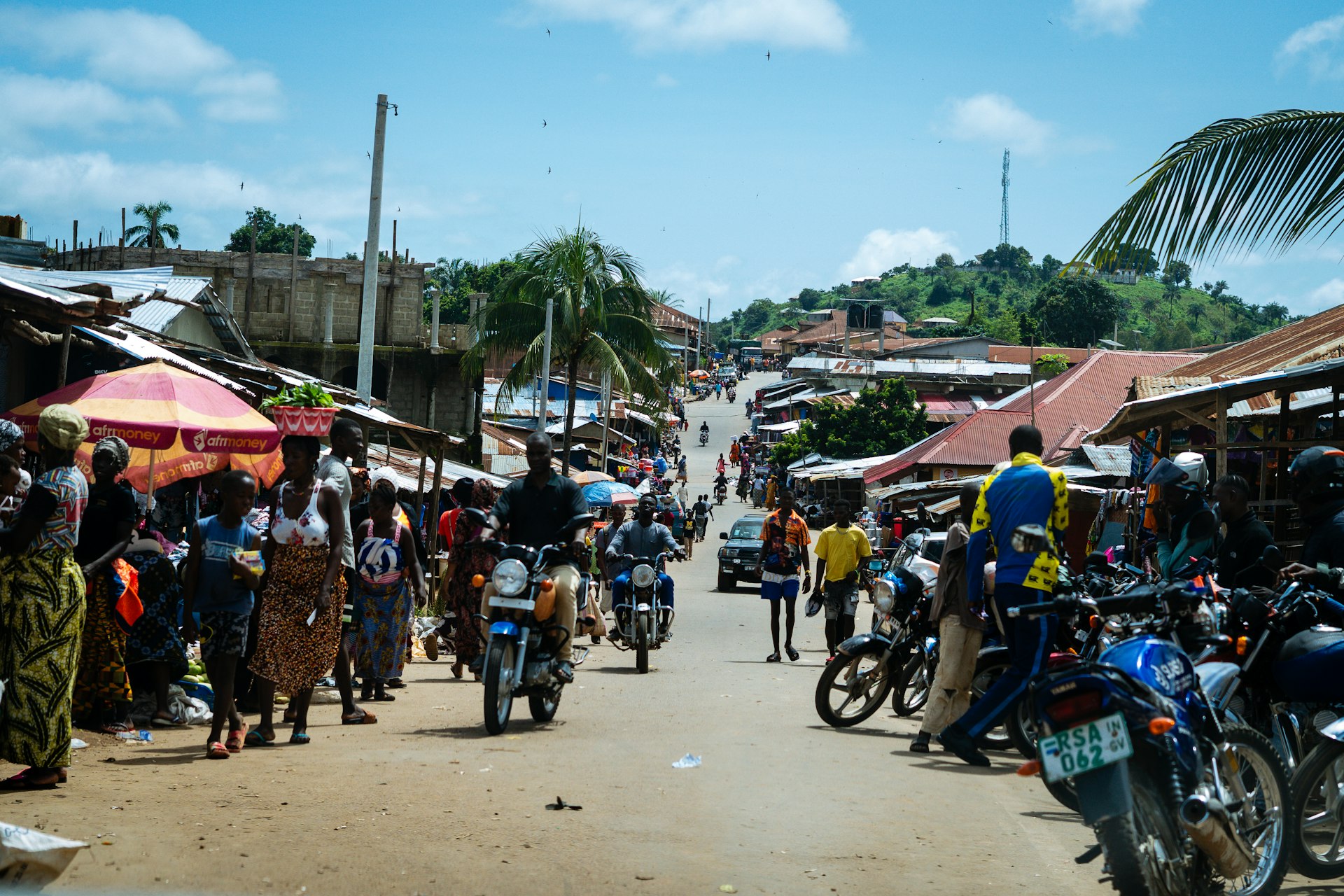In Africa, millions live entire lives without an address. No street name. No house number. No digital dot to mark their spot on the map. You can be born, go to school, and start a business and still have to say “just after the big mango tree” when someone asks where you live. Before you arrive, you must pass the blue gate, ignore the barking dog, kata kona, and pray your rider understands metaphors. That’s not a joke. That’s a real-life delivery direction in Nairobi.

You’ll know you’re home when you see the unfinished building with blue windows. Not the first one, but the second one. Then take the shortcut behind the kiosks and ask the lady selling smokies. In most African cities, you don’t find places. You earn them through memory, blind faith, and at least three calls from a confused boda rider.
“Kata kona”, meaning “cut the corner”, is Nairobi-speak for “use the forbidden route”, “trust”, ''your instincts'', and “break geometry”. In this context, we don’t drop pins; we drop instructions. GPS? Optional. Vibes? Mandatory.
Not Just Late Deliveries. This Is Infrastructure Failure
This isn’t just a delivery inconvenience. Africa’s address problem is a symptom of something much deeper. It’s about being unseen, uncounted, and undeliverable in a world built on formal grids. Without a real address, you're often locked out of identification, basic services, and emergency response. Still, we act like it's normal, like telling someone “past the mango tree and turn where the road disappears” is a sign of street smarts, not structural neglect.
African Problems, Foreign Fixes, and Pitch Decks in Paris
Of course, some people have tried to fix this. What3Words gave us techy phrases like 'table', 'chair', and 'chicken' to represent precise GPS points, a clever solution in theory, but hardly local or intuitive to the average boda guy.
Meanwhile, a homegrown company like OkHi, born in Kenya, has quietly built smart, mobile-driven solutions rooted in the way people actually move and live. While Silicon Valley talks theory, OkHi built an API for directions in the chaos, not in a conference room.

This is about more than putting pins on maps. It’s about building geo-sovereignty digital infrastructure that recognizes us as we are, not as Europe imagined us. For too long, we’ve operated on maps that blur informal settlements and leave half of our cities literally off the record. This isn’t accidental. It’s cartographic colonialism, where being unlocatable means being unimportant.
If a Goat Is Your Landmark, the System Is Broken
And so we fill in the gaps with folklore and instinct. One time, a delivery guy told me he found my house “after the goat that sits like a dog.” He was right. I tipped him twice. That’s data mining, Kenyan edition.
But should national infrastructure rely on goat behavior and instinct-based navigation? Absolutely not. We need address systems that evolve to be dynamic, people-centered, and culturally native.
The streets don’t run on Google Maps. They run on whispered landmarks, personal shortcuts, and the kind of hyperlocal intelligence that makes “mtaa ni mtaa” a legitimate way to locate someone. That knowledge should be built into systems, not left outside them.
No Address? No Justice.
Solving Africa’s last-mile delivery problem isn’t a logistics issue; it’s a justice issue. We cannot digitize a continent where entire communities are permanently marked as “can’t locate.”
The future must move away from static, imposed mapping toward solutions that start from the lived reality of people on the ground. If we want to include everyone, we can’t keep pretending the system already works. We’ve clapped for mediocrity long enough. If you’ve ever drawn directions with a stick in the dust, congratulations, you qualify to co-design Africa’s next great address system. Don’t just drop a pin. Drop a solution.
But first, let’s be honest. How do you describe where you live? Is it next to the butchery, nyuma ya supa, hapo kwa mlima, or something even wilder?
Let’s start the conversation. It’s long overdue.
